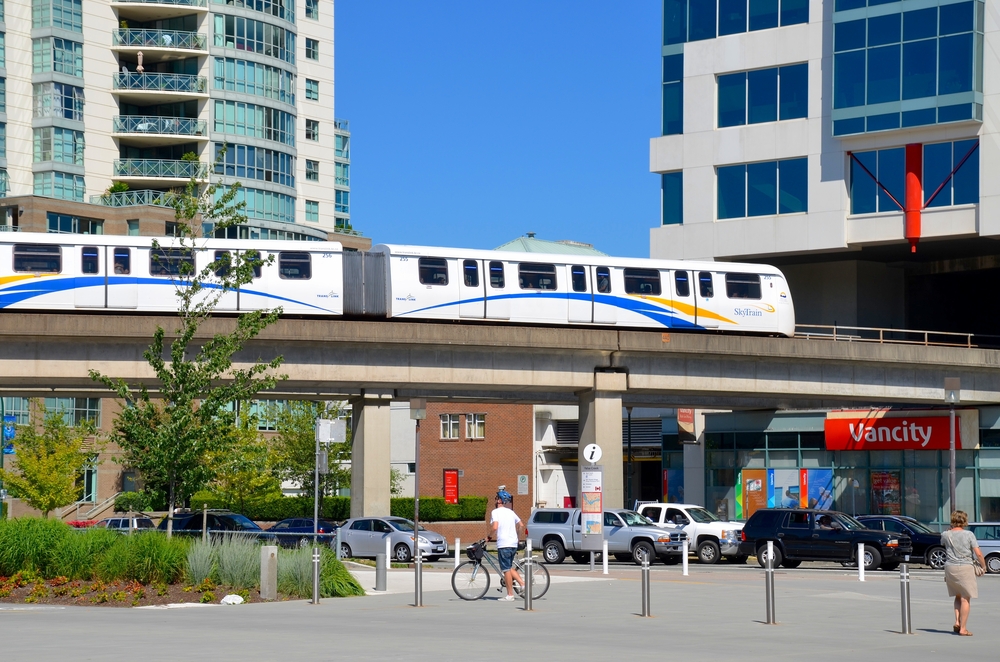
VANCOUVER — The City of Vancouver is fighting plans by Canadian Pacific Railway to resurrect train traffic on a rail spur cutting through some of the city’s priciest neighbourhoods.
Vancouver has applied to the Canadian Transportation Agency for an order overruling CP’s removal of the Arbutus Corridor from lines due to be mothballed.
It also wants the railway forced to make an offer to sell the 11-kilometre corridor at its 2004 net salvage value, which is the after-tax value of the land, minus cleanup costs.
“The city does not support the reactivation of cargo trains along the Arbutus Corridor,” the city said in a release on Wednesday.
“Resuming rail operations on the corridor has numerous inherent safety risks that include deteriorated rail infrastructure.”
Officials filed for the two orders last Friday.
The city pointed to the corridor’s 50 public crossings at grade level, 18 of which have outdated crossing lights and signals. It also noted a lack of fencing along the corridor. It said the public has used the line extensively for 15 years.
Gordon Price, a city councillor from 1986 to 2002, said it was his understanding that if the railway stopped using the track after a certain time period, it would be obliged to put it on the market. The railway maintains ownership of the land.
The clash lies in the grey area where the city holds zoning control over the land. That’s now the jumping-off point for negotiations, Price said.
Lawyers from both sides are likely to meet before the Canadian Transportation Agency as a means of adjudicating the dispute over the land’s value.
“One never really knows what the dynamics are behind the scenes. But somewhere between what CPR was saying, which was hundreds of millions (of dollars) versus the probably bottom estimate the city was offering, there’s got to be something in there,” said Price, who is now director of a program at Simon Fraser University about urban design, sustainable community development, city planning and transportation
Vancouver and Canadian Pacific have been arguing over the future of the land since trains stopped running on the tracks in 2001.
Mayor Gregor Robertson has accused the railway of bullying and said the company rejected the city’s “fair” market offer to buy the land before the company tore up some community gardens planted beside the tracks.
The company has proceeded with plans to reactivate cargo trains.
In January, a B.C. Supreme Court judge dismissed Vancouver’s application for an injunction halting CP’s removal of the gardens, but also found the city had raised legitimate questions about whether the railway has abandoned the land.
Price called the recent development “lawyer fodder.” He doesn’t expect movement any time soon.
“In the case of CPR, they don’t have any motivation to move forward. Nor does the city have any reason to accept their number,” he said.
“So you probably have a situation where neither party has an incentive to move. And … from the city’s point of view, the less that happens on the line, the better.”